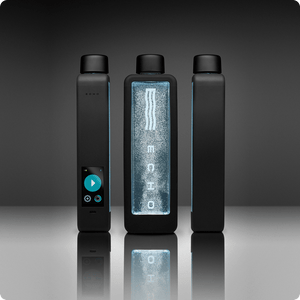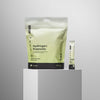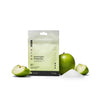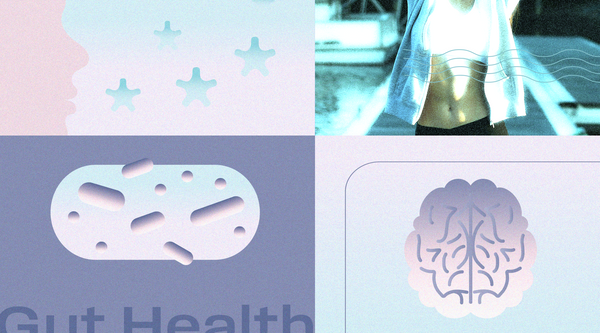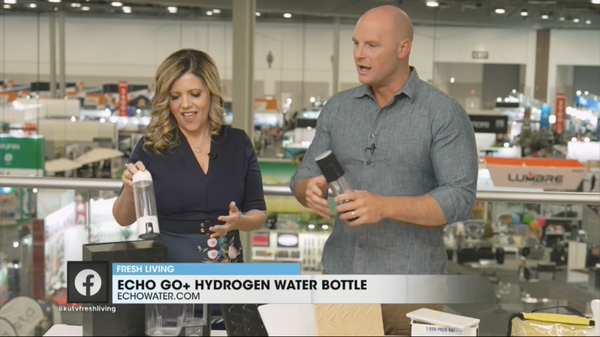The term "superfood" gets thrown around a lot these days, often attached to exotic fruits shipped in from across the globe. But what exactly makes a fruit a superfood? And are these trendy imports truly worth the hype?
The truth is, many readily available fruits qualify as superfoods based on their nutrient density and high antioxidant content. These fruits pack a powerful punch of vitamins, minerals, and other beneficial compounds that can contribute to overall health and well-being.
Let’s delve into the world of these superfruit superstars, and explore their health benefits and antioxidant profiles:
1. Berries
We love berries for their beautiful colors and delicious taste, but their health profile is even more impressive.
Blueberries
These tiny powerhouses are loaded with anthocyanins, a type of antioxidant linked to improved cognitive function, reduced inflammation, and potentially lowered risk of heart disease and certain cancers.
Strawberries
Rich in vitamin C and manganese, strawberries boast anti-inflammatory properties and may contribute to improved heart health.
Cranberries
Packed with proanthocyanidins, cranberries are known for promoting urinary tract health and may offer support against certain bacteria.
2. Citrus Fruits
Citrus fruits are an excellent source of vitamin C, which is vital for immune function and collagen production. Here are the citrus fruits that top the list for their health benefits:
Oranges
Every type of orange carries more than 100% of the recommended daily value of vitamin C. Beyond vitamin C, oranges also offer a good dose of hesperidin, an antioxidant with potential benefits for heart health and blood pressure regulation.
Grapefruits
Grapefruits contain naringenin, an antioxidant linked to improved cholesterol levels and blood sugar control. They’re also a great source of fiber, which helps support heart health, gut health, healthy cholesterol levels, and weight management.
3. Pomegranates
Pomegranates have been gaining in popularity for their unique flavor and potential health benefits. They are rich in punicalagins and other antioxidants that can help support heart health, inflammation, and even exercise performance.
4. Kiwis
Don’t let its fuzzy exterior fool you; these little fruits are nutritional powerhouses. Kiwis boast exceptional vitamin C content, even surpassing oranges. They are also a good source of vitamin E and potassium, contributing to immune function, healthy vision, and blood pressure regulation.
5. Apples
We love apples—they’re everywhere and they’re affordable. And it turns out that apples really do live up to the saying, “An apple a day keeps the doctor away.” Apples contain a good amount of quercetin and other antioxidant compounds, that offer benefits for heart health and cognitive function.
All of these fruits are included on the superfood list because they’re packed full of nutrients and they provide antioxidant properties. But not all of us can incorporate enough of these superfoods into our daily diets to experience any major health benefits.
But there is one thing all of us can incorporate into our daily lives: water. But not just any water—hydrogen enriched water. Let’s see how hydrogen water stacks up against our other superfoods.
Hydrogen Water
First of all, hydrogen’s primary role is as a reducer; it reduces oxidation. And is, therefore, an antioxidant. And while oxidation is normal, oxidative stress is not. The combination of oxidative stress and chronic inflammation is where disease comes from.
To combat chronic inflammation and oxidative stress, your body actually produces hydrogen in your intestinal tract during food digestion. Hydrogen is critical for the function of the body, which is why you naturally create hydrogen in your gut. But studies have found that additional hydrogen can further improve your gut health.
The gut microbiome, the community of bacteria residing in our gut, plays a crucial role in digestion, immunity, and even mood. Hydrogen exposure can impact your gut microbiome by:
Promoting beneficial bacteria:
Studies suggest hydrogen favors the growth of certain beneficial gut bacteria, potentially improving overall gut health.Reducing inflammation:
By mitigating free radical damage, hydrogen water can help reduce inflammation in the gut.
Antioxidants found in superfoods are great, but they tend to just mop up all free radicals regardless of how harmful they are. Hydrogen, on the other hand, can target and neutralize the most harmful ones – hydroxyl radicals (OH-). These highly reactive radicals can damage DNA and other cellular components.
Studies also suggest that hydrogen water has the potential to reduce free radical production. Hydrogen can interact with enzymes in the gut lining, potentially lowering the production of harmful free radicals.
We all love a good superfood. But when it comes to antioxidant properties, hydrogen water may provide more health benefits than fruit. There, we said it. But don’t get us wrong—these fruits are fantastic and should be a part of your daily diet. But if you want to target harmful free radicals and improve your gut microbiome, a glass of hydrogen enriched water everyday is the superfood you’re looking for.



